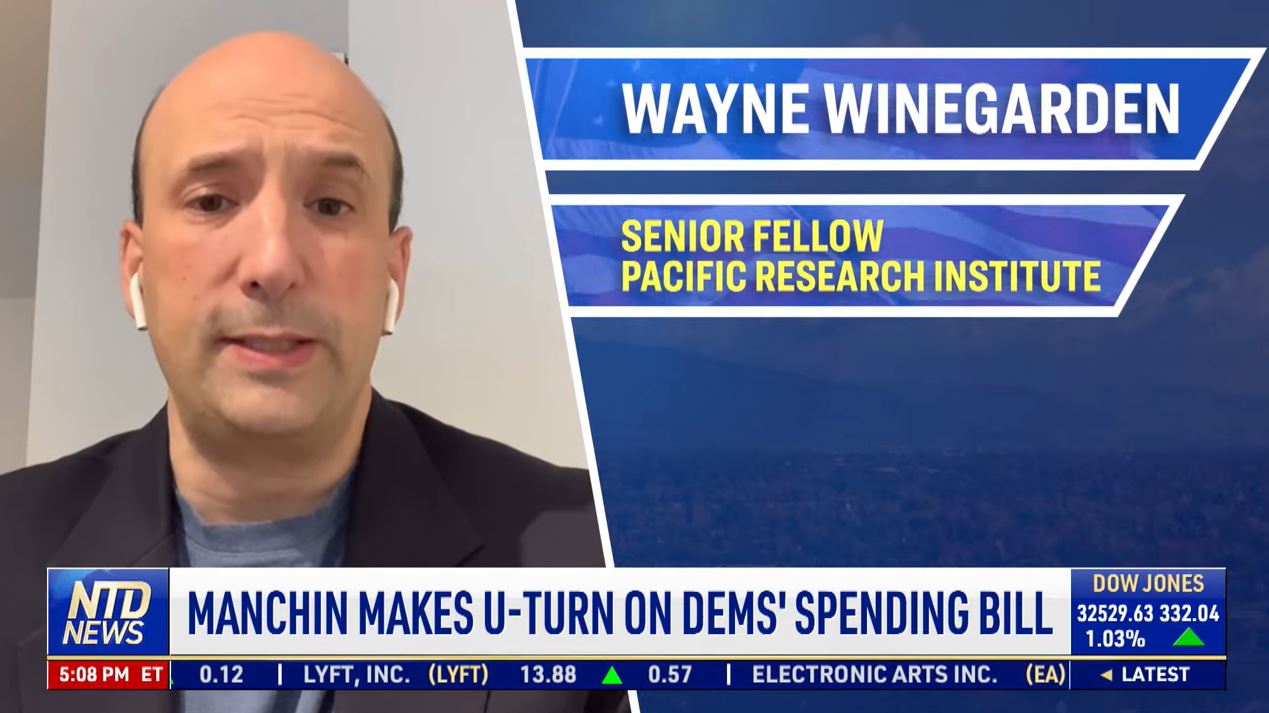Insulin Prices Fall, Democrats Respond With Denial
For years, the left's campaign to dictate the price of prescription drugs has focused on one medicine above all others — insulin. The hormone was discovered more than a century ago by Canadian doctor Frederick Banting and his medical student Charles Best. They famously sold their patent to the University of Toronto for $1 apiece. How can insulin still be a financial burden for some of the people with diabetes who need it? This problem motivated the $35 insulin price cap for Medicare enrollees, which...










